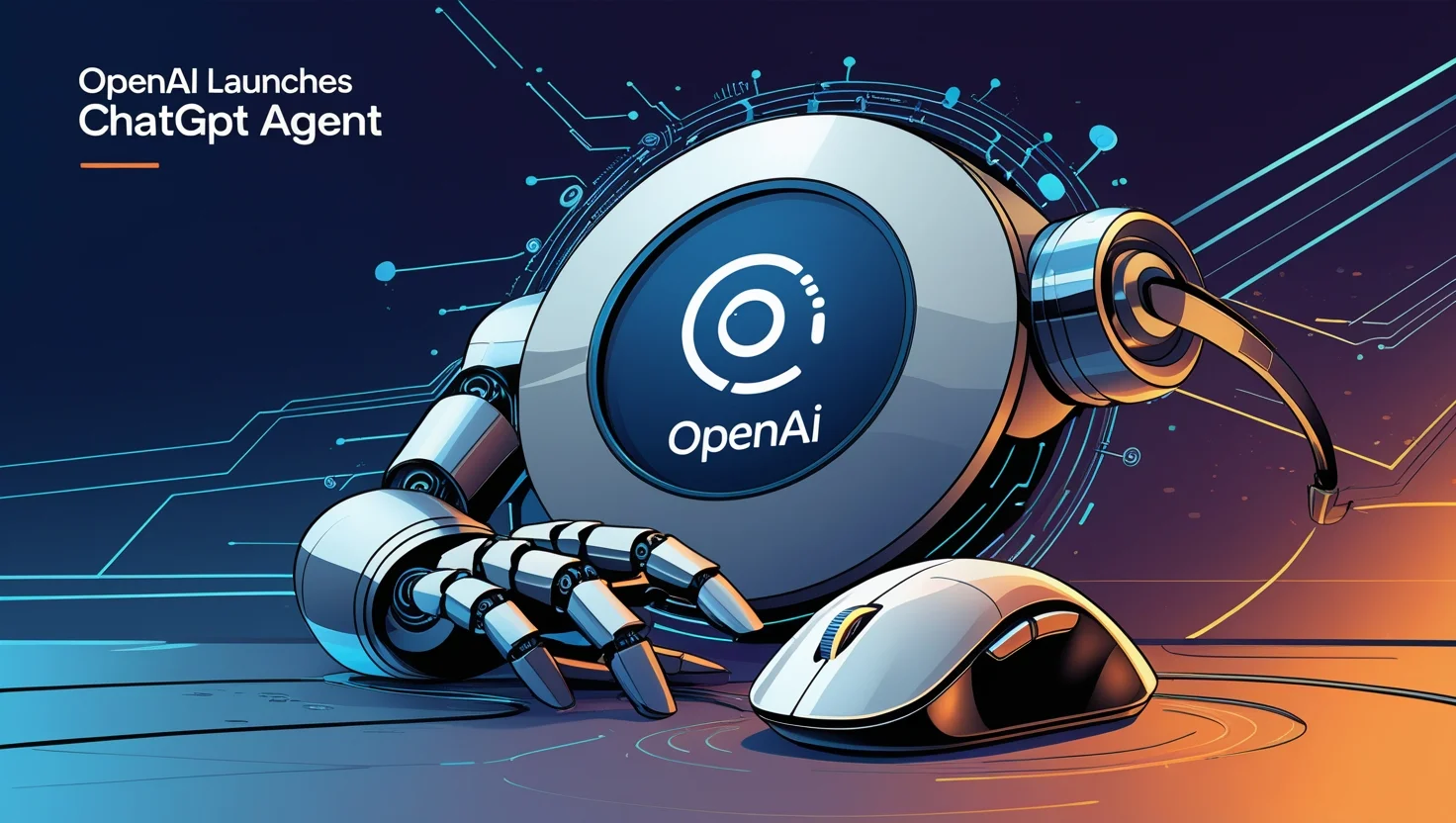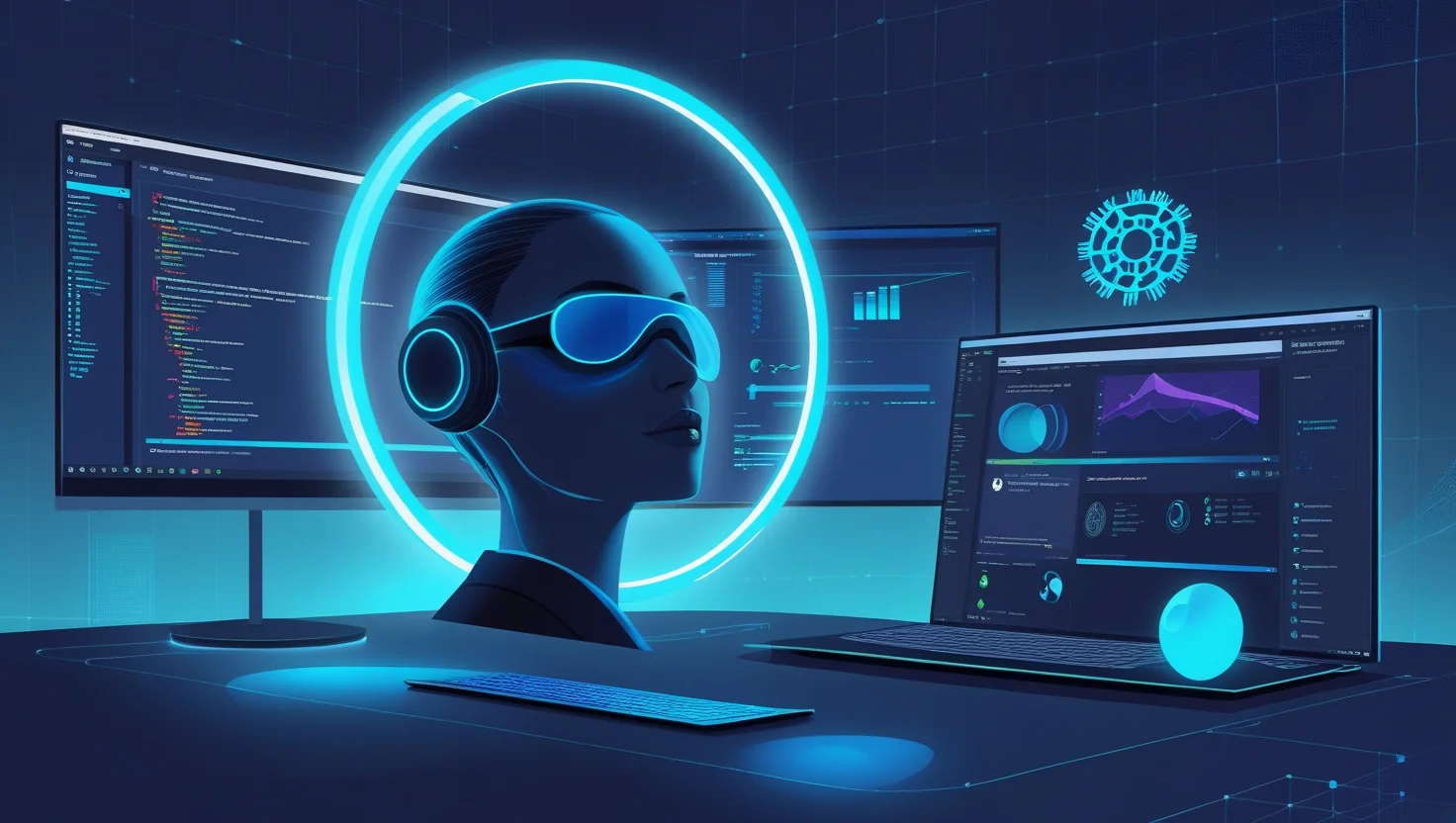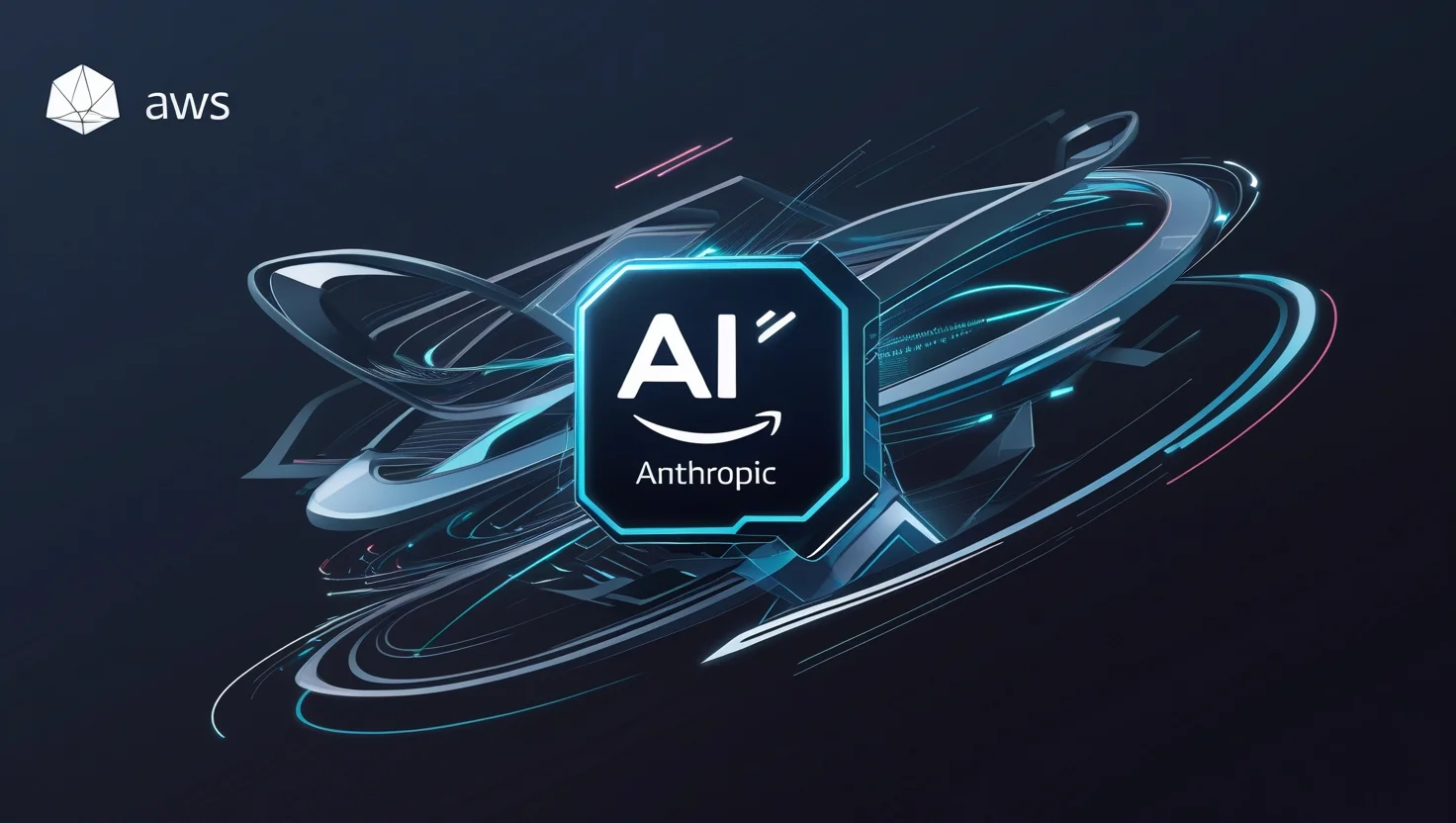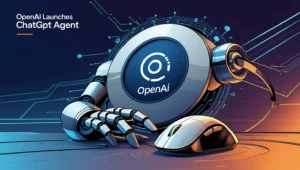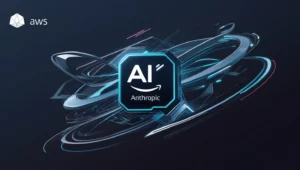Google has launched a new mobile app that allows users to run artificial intelligence models directly on their smartphones, without needing an internet connection. The app, called Google AI Edge Gallery, is currently available for Android and will soon be released on iOS.
The tool connects with models from Hugging Face, a leading AI platform, enabling users to download and run models for various tasks, such as generating images, answering questions, and coding assistance. Unlike most AI apps that rely on cloud computing, this one operates entirely offline using the phone’s internal hardware.
Running models locally offers key advantages. Users can avoid sending sensitive data to remote servers and continue using AI features without Wi-Fi or mobile data. However, Google cautions that performance may differ depending on the device and model size. Newer phones with more advanced processors will perform tasks more quickly, while larger models may take longer to run than smaller ones.
This move reflects a broader trend in the tech industry to bring powerful AI tools closer to users, enhancing privacy, accessibility, and responsiveness. The app could be particularly useful for developers, privacy-conscious users, and anyone looking to harness AI capabilities in areas with limited connectivity.
Separately, Google’s approach to AI is also reshaping the way people find information online. A recent analysis by SEO platform Local Falcon reveals that Google’s new AI Overviews and AI mode are transforming how search results are generated. According to CEO David Hunter, Google is now using large language models to better understand the intent behind user queries, shifting away from traditional keyword-based rankings.
This means that businesses can no longer rely solely on keyword optimization to appear in search results. Instead, they must create high-quality, conversational content that demonstrates expertise and relevance.
Together, these developments underscore Google’s rapid evolution toward integrating AI across its services, empowering users to run models independently while also redefining the core experience of online search.

